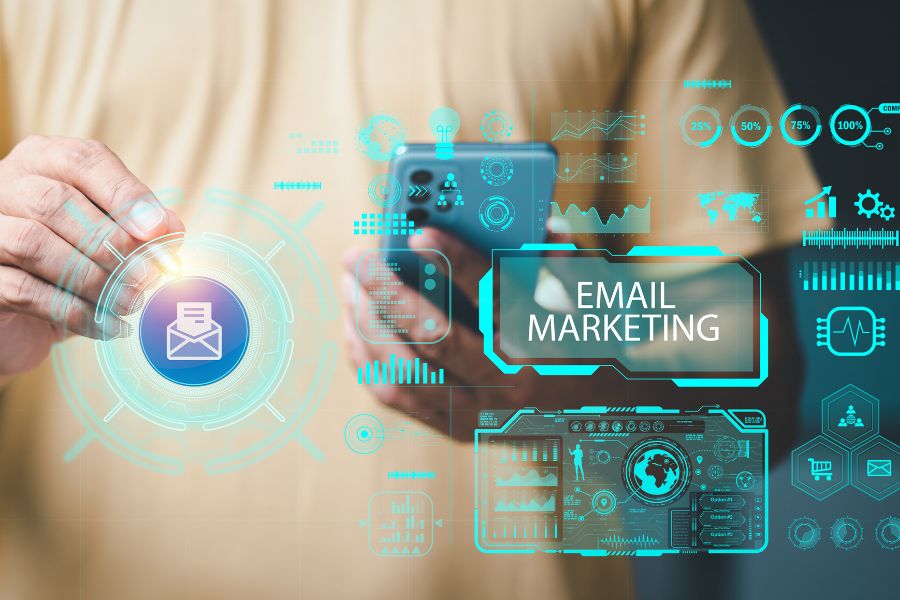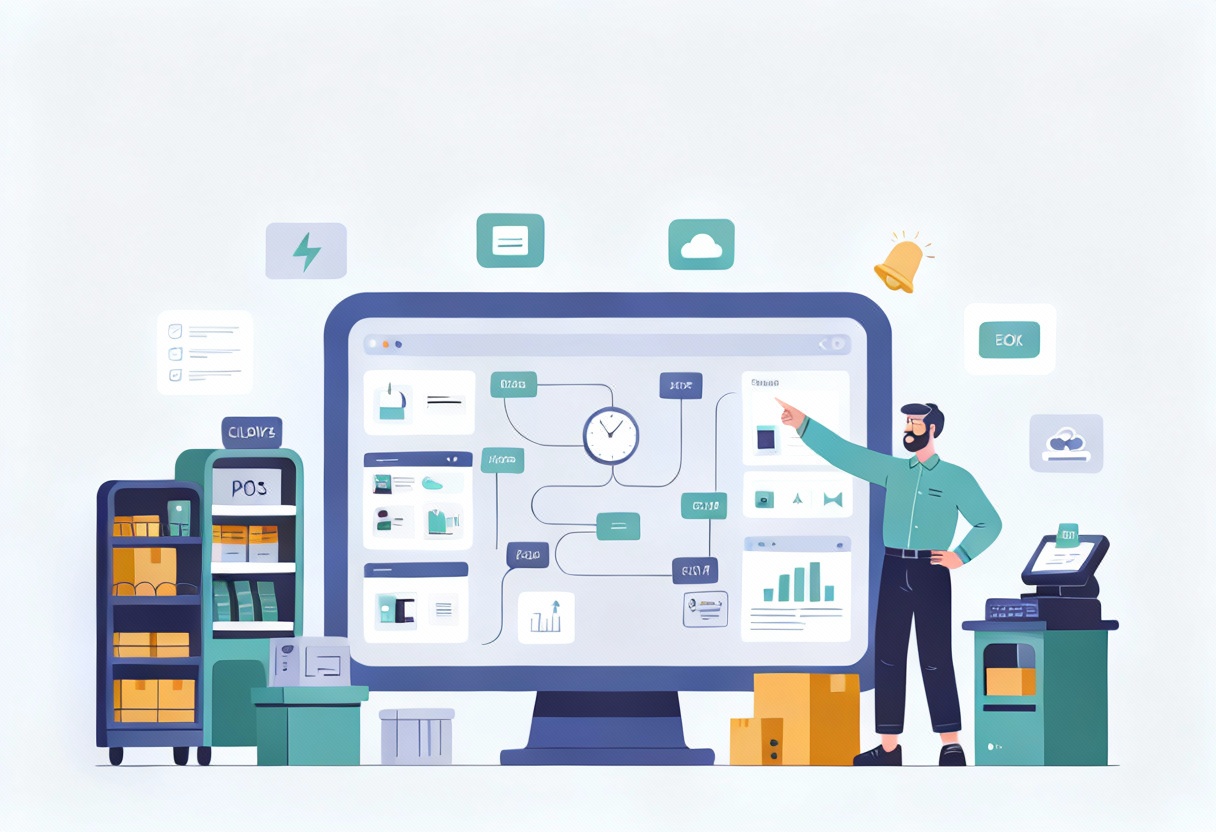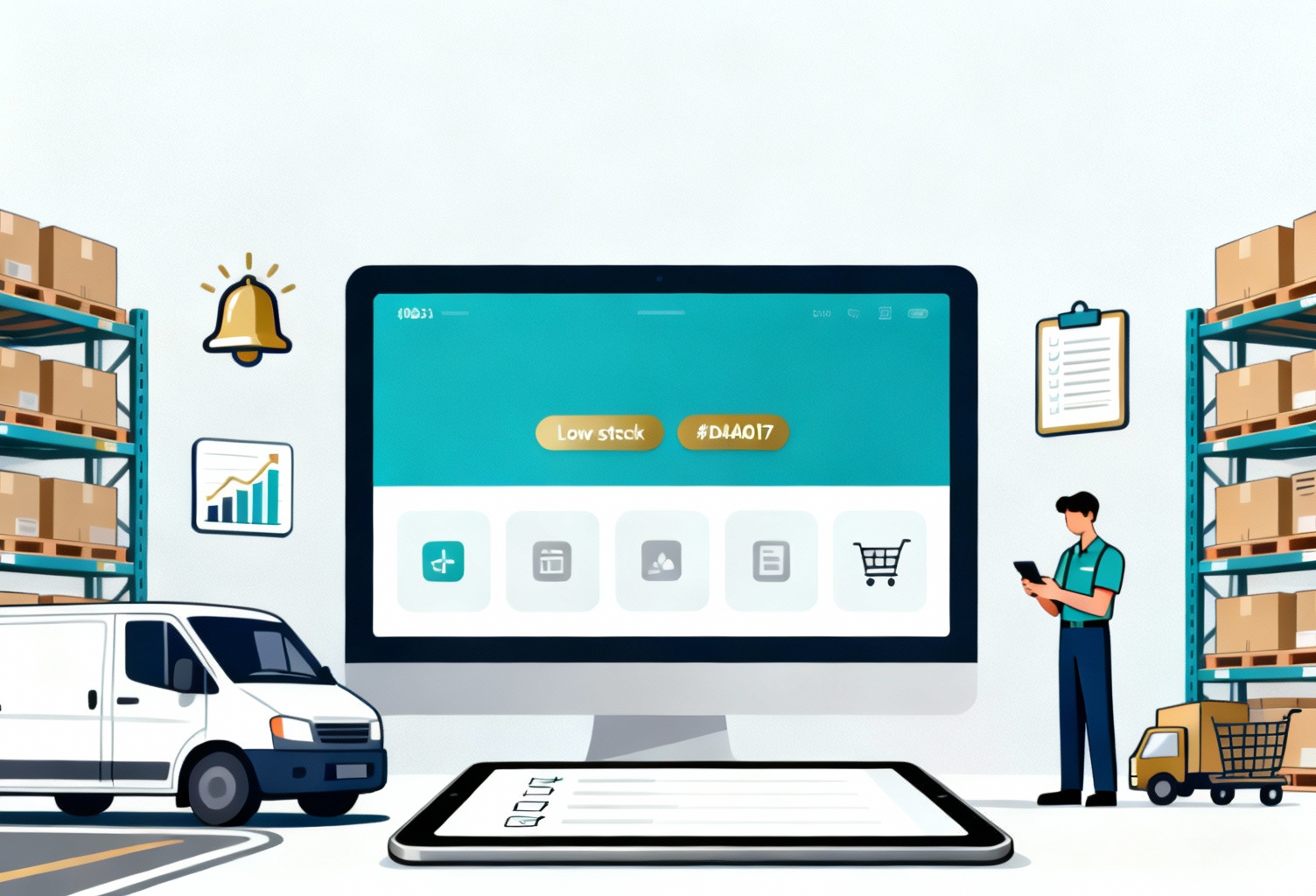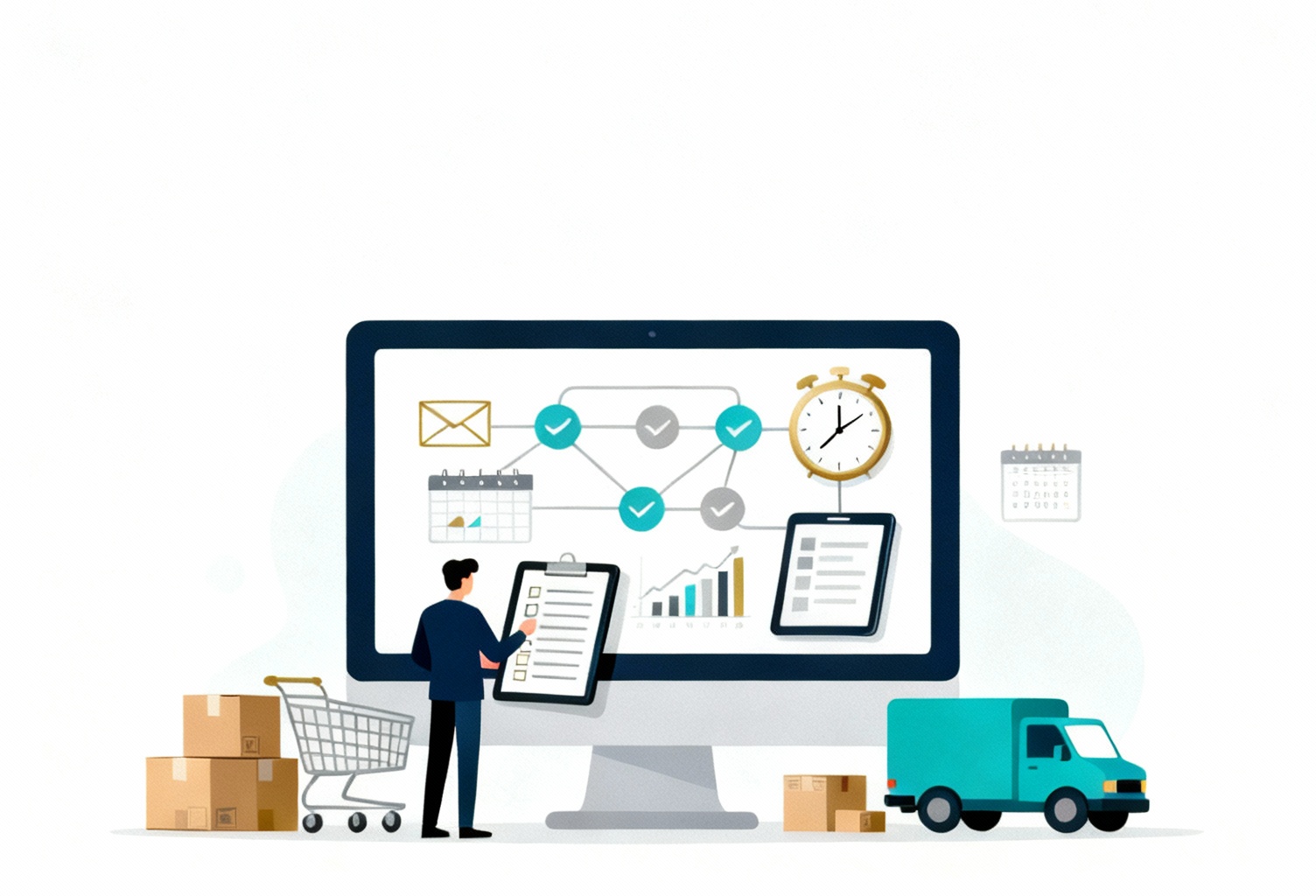The difference between email marketing and marketing automation has become an imperative discussion for businesses striving to connect with customers effectively. While both strategies revolve around enhancing customer engagement, they differ significantly in scope, personalization, and automation.
Thus, businesses must choose wisely between the two depending on their size, goals, and resources. This guide explores these differences in detail, helping you decide which solution best fits your business needs.
Highlight:
- Email marketing automation is ideal for small to mid-sized businesses that want to deliver timely, personalized messages without managing complex systems.
- Marketing automation suits larger businesses or those with longer sales cycles that need to manage multi-channel campaigns and nurture leads over time.
Understanding Email Marketing Automation
Email marketing automation combines the direct reach of traditional email with the power of automated workflows. It gives businesses the ability to send the right message at the right time without manual effort. Instead of blasting one-size-fits-all campaigns, automated emails respond to customer behavior, preferences, and timing, making communication more relevant and scalable. While email remains one of the most cost-effective channels, automation elevates it by removing repetitive tasks and strengthening engagement through smarter targeting.
According to Litmus, the ROI of email marketing reaches $36 for every $1 spent, which makes it far more effective compared to many other channels. Its accessibility, affordability, and direct approach make it the preferred tool for small to medium-sized businesses looking to maximize limited resources.
Key features:
- Automated newsletters triggered based on customer preferences, engagement level, or activity
- Behavior-based sequences such as abandoned cart reminders, birthday emails, and re-engagement messages
- Dynamic list segmentation that updates automatically as customer data changes
- A/B testing and performance tracking to refine content, timing, and subject lines over time
Advantages:
- Scales easily without adding more manual work
- Personalizes communication for better engagement
- Improves timing and consistency of outreach
- Reduces the risk of missed follow-ups or repetitive tasks
Email marketing is ideal for:
- Businesses looking to grow without expanding headcount
- Ecommerce stores aiming to personalize the customer journey
- Teams that need to stay in touch with large audiences without sending every message manually
Email Marketing Automation Risks
Relying solely on email marketing can lead to missed opportunities for deeper engagement. Without automation, campaigns often lack personalization, sending the same message to every subscriber regardless of their behavior or preferences. This can result in lower open rates, unsubscribes, and a weaker connection with your audience over time.
Understanding Marketing Automation
Marketing automation is a comprehensive approach that takes digital communication to the next level by using sophisticated tools to streamline, automate, and analyze campaigns across multiple touchpoints. Instead of focusing only on sending emails, marketing automation allows companies to manage the entire customer journey, from awareness to conversion and retention.
►►► Optimal solution set for businesses: Multi store POS, Next-gen POS, Inventory Management Software (MSI), Self Service, Automation, Backorders
When combining data, analytics, and workflows, marketing automation enables businesses to deliver personalized experiences at scale and nurture leads with minimal manual intervention.
Key Features
- Behavior tracking monitors customer actions, such as website visits, product views, or downloads, and uses that data to trigger personalized responses.
- Multi-channel campaigns expand beyond email, including SMS, web push notifications, and social media to create consistent experiences.
- Lead scoring evaluates prospects based on their behavior and interactions, helping sales teams prioritize high-value leads.
- Advanced analytics provide insights into ROI, customer journeys, and campaign attribution, making it easier to refine strategies.
- CRM integration connects marketing with sales by syncing customer data across systems, creating a single source of truth.
Advantages
- Improves lead management and conversion rates.
- Enables personalized, data-driven campaigns.
- Decreases repetitive tasks, freeing up marketing teams.
- Delivers consistent customer experiences across channels.
Marketing automation is ideal for:
- Medium to large businesses with complex sales funnels.
- Companies that want to nurture leads over long cycles.
- Businesses that require deep personalization and analytics.
Marketing Automation Risks
While powerful, marketing automation can feel overwhelming if not set up properly. Over-automation or poorly configured workflows may create irrelevant messages, confuse customers with mistimed triggers, or even damage trust if communication feels too robotic. It also requires consistent monitoring and updates to stay aligned with shifting buyer behavior.
Key Differences Between Email Marketing and Marketing Automation
The difference between email marketing and marketing automation can be best understood by looking at five major dimensions: scope, personalization, automation, analytics, and data integration. Each highlights how the two approaches vary in complexity, reach, and business value.
- Scope
Email marketing is narrow in scope, concentrating solely on email as the primary channel of communication. Campaigns typically include newsletters, promotions, and event announcements. While effective, it’s limited to inbox delivery.
By contrast, marketing automation covers multiple touchpoints. Beyond email, it encompasses SMS alerts, social media scheduling, web push notifications, and even integration with mobile apps.
- Personalization
With email marketing, personalization often means addressing subscribers by their name or segmenting lists into groups (e.g., new vs. returning customers). While useful, it’s still basic personalization. Marketing automation, on the other hand, uses behavioral data, predictive analytics, and real-time interactions.
- Automation Level
Email marketing typically supports trigger-based automation such as welcome emails, abandoned cart reminders, or post-purchase thank-you notes. While effective, the process remains relatively simple. Marketing automation allows businesses to build complex workflows that connect multiple channels and customer actions.
- Analytics
Analytics in email marketing focus mainly on open rates, click-through rates, bounce rates, and conversions. These are helpful metrics but provide a limited view of overall performance. Marketing automation platforms, however, deliver deep insights into customer behavior across touchpoints. Businesses can track customer journeys, evaluate campaign attribution, and analyze ROI with precision.
- Data Integration
Email marketing tools often function as standalone systems, requiring manual updates or exports to sync with other platforms. In contrast, marketing automation is designed for seamless integration with CRMs, ecommerce POS platforms, analytics tools, and customer databases.
This integration ensures that all teams from marketing to sales work with the same data, fostering alignment and efficiency. The result is a holistic view of the customer, enabling businesses to deliver consistent, personalized experiences across every channel.
Which Is Right for You? Factors to Consider
Deciding between email marketing automation and full-scale marketing automation comes down to your business goals, available data, and how much complexity your team can manage. Both can drive results, but their scope and setup vary.
Business Size and Resources
Email marketing automation is often a better fit for small to mid-sized businesses looking for a cost-effective way to scale communication. It’s easier to set up, requires fewer resources, and focuses primarily on the email channel.
Full-scale marketing automation, on the other hand, typically suits larger businesses with dedicated teams and the capacity to manage cross-channel strategies, CRM integrations, and advanced workflows.
Sales Cycle Length
For fast-moving sales cycles, like in retail or ecommerce, email automation delivers timely messages that support quick decisions. It’s great for cart recovery, product promos, and follow-ups.
Marketing automation works well when nurturing leads over time is key, such as in B2B, SaaS, or industries with longer decision-making processes. It supports multi-touch journeys across email, SMS, social, and more.
Customer Data Availability
If your data is limited to basic email lists and purchase history, email automation can still perform well using simple triggers like opens, clicks, or past orders.
But if you’re collecting richer data, like browsing behavior, lead scores, or offline interactions, marketing automation can use that to create highly personalized, multi-stage campaigns.
Team Capabilities
Email automation platforms are generally easier to manage with a small team and don’t require heavy technical setup.
Marketing automation platforms demand more planning, coordination, and often technical support to build and maintain complex workflows.
Ultimately, if you’re looking for a focused, email-first solution that’s quick to launch and simple to manage, email marketing automation is a smart starting point. If your business is ready for deeper integration across channels and touchpoints, full-scale marketing automation may be the better long-term fit.
Utilize ConnectPOS for Your Marketing Activities Automation
ConnectPOS makes that transition smoother by supporting both approaches – giving retailers the tools to stay consistent in customer engagement while automating repetitive tasks behind the scenes. With built-in integrations and automation features like Atom8, ConnectPOS helps businesses personalize communication, segment audiences, and respond faster to changes in customer behavior or stock status.
Key features that support marketing workflows:
- Atom8 automatically segments customers based on behavior, purchase history, or location for more targeted campaigns
- Auto stock alerts to trigger emails or internal notifications when inventory hits a set threshold
- Automated workflows that can activate promotions, loyalty rewards, or follow-up messages based on customer actions
- Real-time data sync between POS and ecommerce platforms, keeping customer records and product info accurate across marketing tools
- Custom tagging and triggers to initiate emails or tasks when certain actions occur, like a high-value purchase or abandoned cart
With ConnectPOS, businesses can build smarter marketing systems that grow with them.
FAQs: Difference Between Email Marketing And Marketing Automation
- Is marketing automation just advanced email marketing?
No. While it includes email campaigns, marketing automation extends to multi-channel communication, lead nurturing, and CRM integration
- Can small businesses use marketing automation?
Yes, but it requires budget and technical expertise. Many small businesses start with email marketing and transition to automation as they scale.
- How does personalization differ between the two?
Email marketing offers basic personalization (names, segments), while marketing automation uses behavior-driven personalization such as product recommendations or retargeting ads.
Conclusion
In sum, grasping the difference between email marketing and marketing automation is more than just a marketing decision, it’s about setting the foundation for long-term growth. Email marketing delivers simplicity and cost-effectiveness, making it an ideal starting point for smaller businesses. Meanwhile, marketing automation empowers companies to scale, personalize at depth, and manage complex customer journeys with precision. If your goal is to create a truly smooth omnichannel experience, ConnectPOS stands out as a powerful partner.
Ready to take the next step? Contact us and discover how tailored solutions can transform your customer engagement and drive measurable results.
►►► Optimal solution set for businesses: Shopify POS, Magento POS, BigCommerce POS, WooCommerce POS, NetSuite POS, E-Commerce POS



